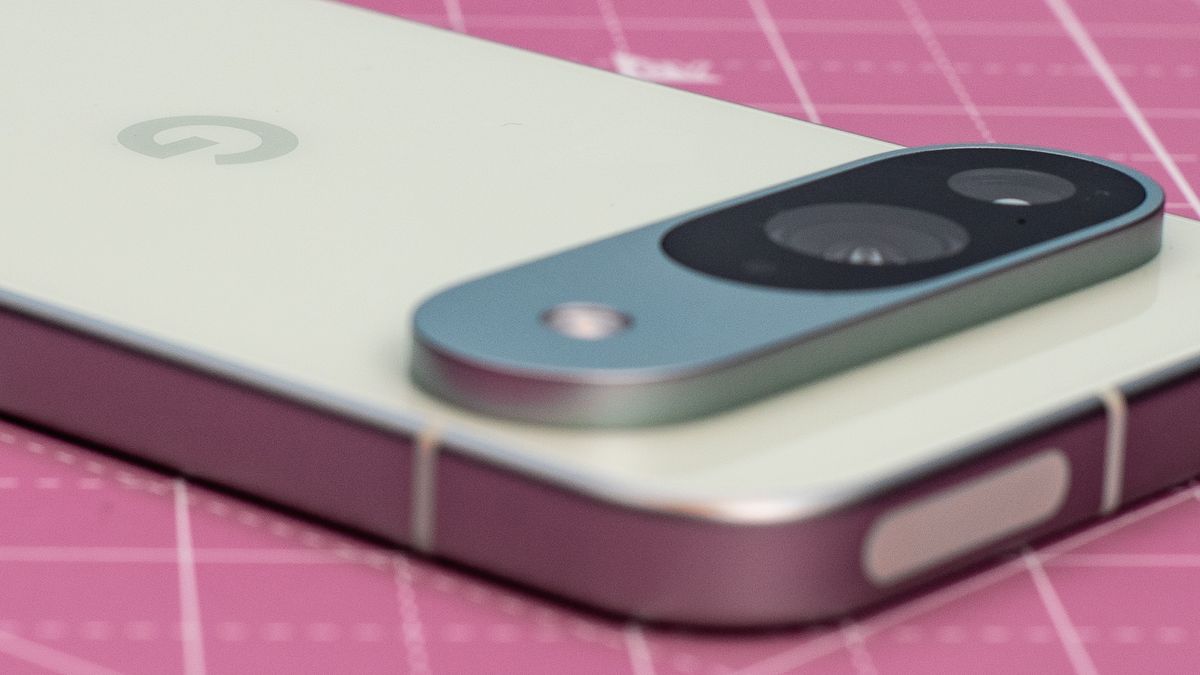Apple’s all-new Mac mini with M4 is set to hit store shelves on Nov. 8. Even before most folk can get their hands on one, designers are already trying to fix a supposed flaw in the design. The Mac mini puts the power button on the underside of the device. In response, DIYers have devised a few novel methods for turning it on without digging underneath with their fingers like a blind mouse searching for its hole.
The previous Mac mini was far longer than the new, 5- by 5-inch little Mac, though the new version is about .5 inches taller than before. Apple’s former small desktop device also stood much more flat on the desk, and the company put the “on” button on the rear portion next to the power port. The new Mac mini packs three Thunderbolt 4 or Thunderbolt 5 USB-C (with the better port restricted to the version with M4 Pro chips), an HDMI, and a power port. The power button is instead located on the bottom of the device on the raised shelf above the fan intake and exhaust.
While that button is not necessarily difficult to press, especially since the device weighs only 1.5 pounds, it’s certainly not the most intuitive design. Apple expects most people to put their devices to sleep, and they will rarely need to use the power button. Despite that, a few people online who know they may want to press the button more often have crafted their own 3D models for button switches.
One of the most notable designs comes from self-described hardware hacker Ivan Kulashov. On his Twitter page, Kulashov debuted the iFixTheButton, a simple 3D-printed single hinge design that acts as a power switch flipper. He said he modeled the iFixTheButton based on Apple’s stated dimensions and then loaded it into a 3D model, stating, “[I] believe it will work.” He included links to the files for anybody to download and print.
While it seems simple and effective, I’m more interested in another one of Kulashov’s designs. He showed a render for a circular pad that the Mac mini might sit on top of. The idea is that a user could press the Mac mini itself down onto soft pads. When pressed, a raised nub off the side of the pad would hit the power button to turn it on.
One more thing.
A solution for turning on your Mac mini simply by clicking on it.
The soft pads will have to be selected based on the Mac mini weight and the force required to press the button. pic.twitter.com/HQcEXu05L4
— Ivan Kuleshov (@Merocle) October 30, 2024
Japanese Twitter user @shapoco created another, two-hing flip-switch power button presser. It sits on top of the Mac mini, and when you press down on a lever, it should press in on the button. The creator wrote on their account—as transcribed with machine translation—that they “just wanted to make it easier to press the power button” and weren’t trying to criticize Apple’s design decisions.
They added, “I already understand Apple’s intent in placing the power button on the bottom, but since I ordered a Mac mini for occasional verification, I probably will not use it regularly and may touch its power switch more than others.”
I already understand Apple's intent in placing the power button on the bottom, but since I ordered a Mac mini for occasional verification, I probably will not use it regularly and may touch its power switch more than others. I may block users who make unsolicited quotes that…
— シャポコ🌵 (@shapoco) October 31, 2024
There are even more 3D print renders making the rounds. One is from user danielha2058, who made his print available on MakerWorld. This design includes a pole and a button on top. When pressed, it pivots a flipper on the bottom with enough force to hopefully turn the Mac mini on or off.
The Mac mini isn’t yet available for consumers, so it’s hard to tell whether any of these designs will do the job. Still, it’s always good to see independent makers solving problems, even those caused by multi-billion dollar companies.





:quality(85):upscale()/2024/11/05/936/n/1922153/cc2bbd68672a8e1588a964.53876938_.webp)
:quality(85):upscale()/2024/08/06/667/n/1922794/4bc1ce8866b23aaf319c84.46755244_.png)

:quality(85):upscale()/2024/10/11/958/n/24155406/e0150f5b6709a009125209.52834453_.jpg)
 English (US) ·
English (US) ·